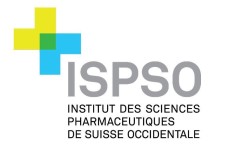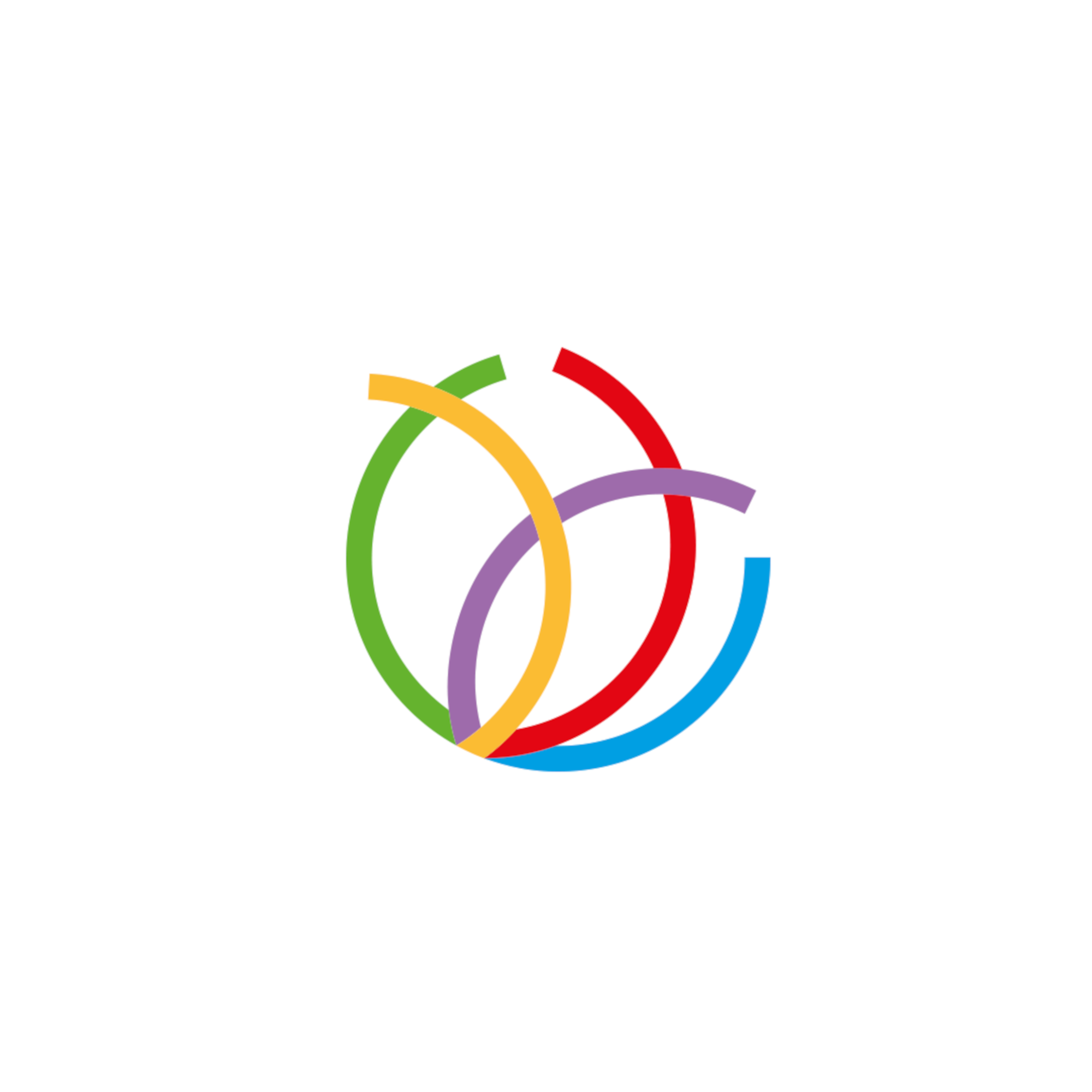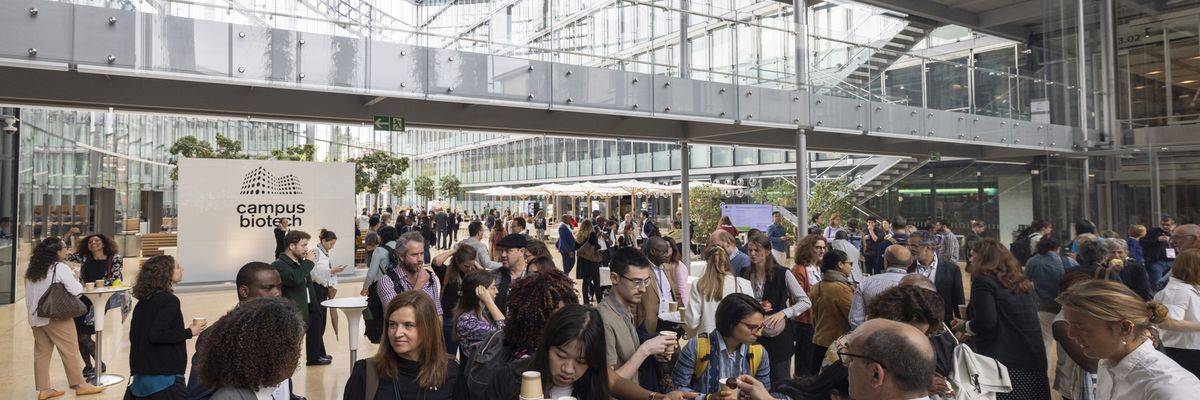Institute of Pharmaceutical Sciences of Western Switzerland (ISPSO)

.
Institute of Pharmaceutical Sciences of Western Switzerland means in French Institut des sciences pharmaceutiques de suisse occidentale (ISPSO)
In the French-speaking part of Switzerland, the consolidation and expansion of the scientific branches related to all the different aspects of medicines was made possible with the fusion of the Geneva and Lausanne Sections of Pharmacy into the School of Pharmacy Geneva-Lausanne (EPGL), in 2004.
The restructuring of teaching activities was facilitated by the simultaneous implementation of reforms according to the Bologna model. Consequently, it is now possible to study for a bachelor’s degree in pharmaceutical sciences and either a master in pharmacy (which leads to a pharmacist diploma) or a master in pharmaceutical sciences (designed more specifically for students going into industry or research). This latter alternative is open to students with a BSc in other disciplines, such as biology or chemistry.
The main missions of the Section of Pharmaceutical Sciences are to develop the practice of pharmacy and pharmaceutical sciences through excellence in education and research and to assist specific activities in humanitarian pharmacy. The Section has received a strong mandate from civil society and academia to maintain and improve the training of all professionals involved in pharmacy and pharmaceutical sciences.
Translational education guided by scientific research provides students with the latest knowledge in pharmaceutical sciences and drug therapy management.
- Two non-degree programs (B.Sc. in Pharmaceutical Sciences and M.Sc. in Pharmacy).
- A rich and varied doctoral program in pharmaceutical sciences.
- A Master of Advanced Studies in Hospital Pharmacy.
- A Master of Advanced Studies in Toxicology.
- A certificate of advanced studies in clinical pharmacy.
- An attractive continuing education program for pharmacy professionals.
Research in the Section of Pharmaceutical Sciences is necessarily multidisciplinary and is organized in small research teams working on current challenges in drug discovery and development, following the natural path from basic research to drug-centered research in the service of the patient.
The Section benefits from the latest scientific techniques and attracts researchers from around the world. It has developed excellent relationships with all the actors of the health care world and intensive collaborations with the pharmaceutical industry and health care providers. In a few years, the Section has become a key player in pharmacy and pharmaceutical sciences in the Lake Geneva basin and the Alpine Arc.
A responsible Section of Pharmaceutical Sciences must actively participate in the training of pharmacists in developing countries and, for low-income populations, facilitate access to safe but inexpensive medication and develop low-cost technical facilities. The Section is already active in several projects in the South, focusing on education, safety of drug preparations and scientific cooperation.
Translated with www.DeepL.com/Translator (free version)
.
- Academic organization (University, school, institute...)
.
- Pharmacy
.
- Training
- Research
.
- Mainly local
.




